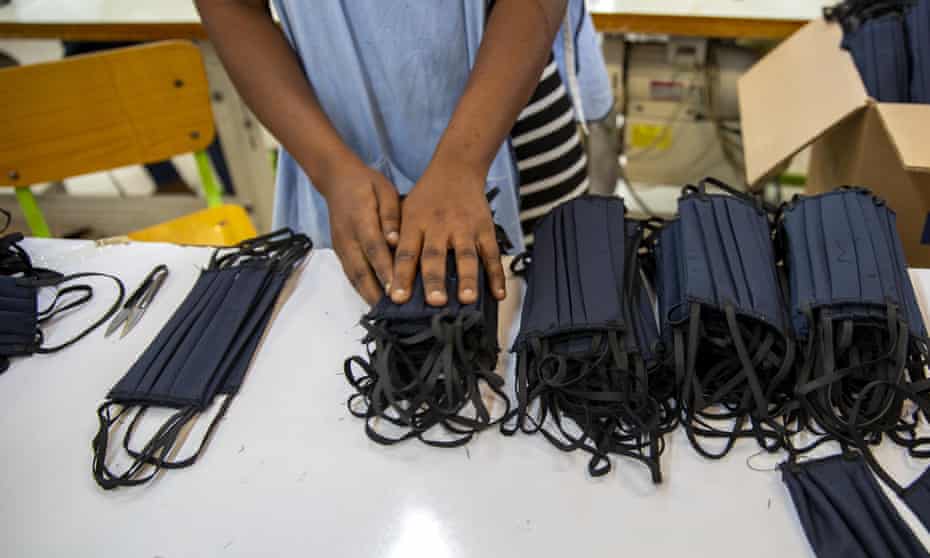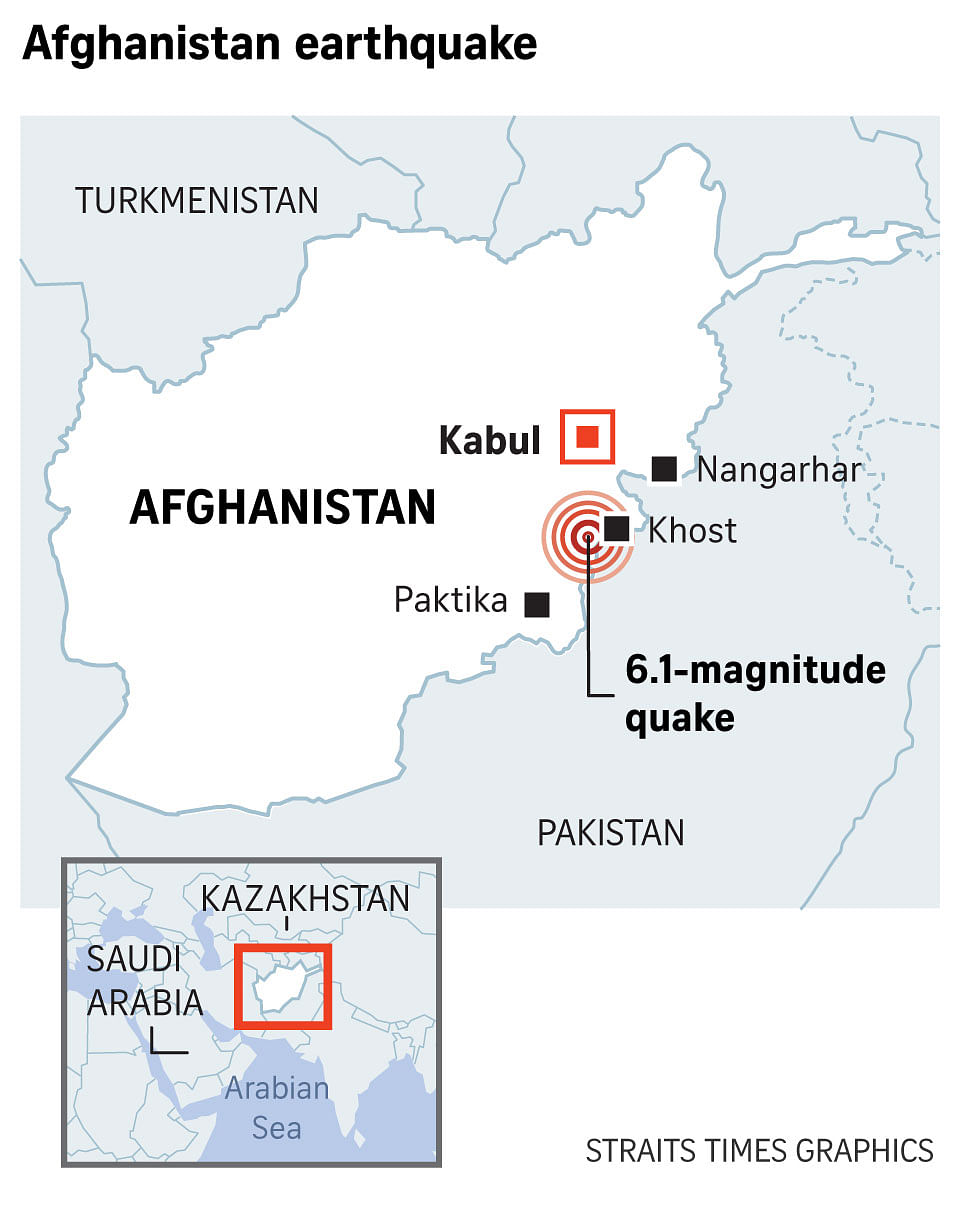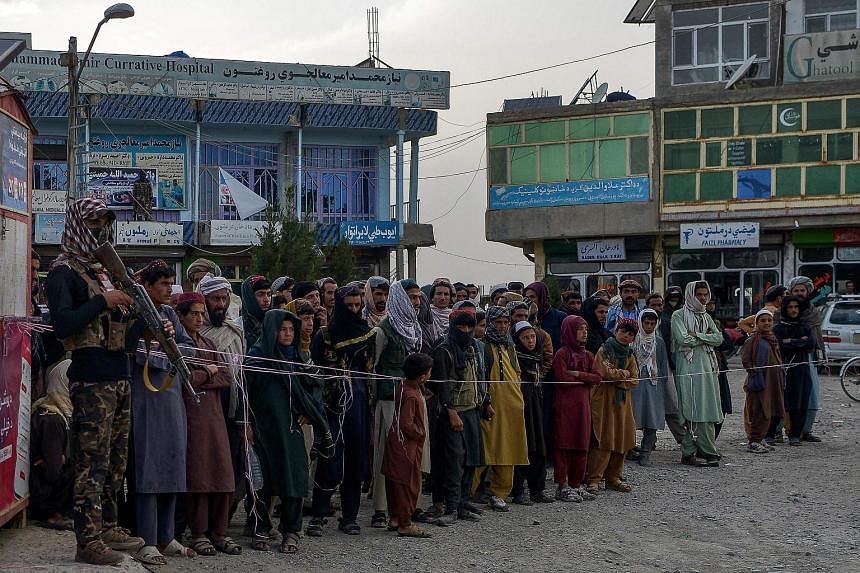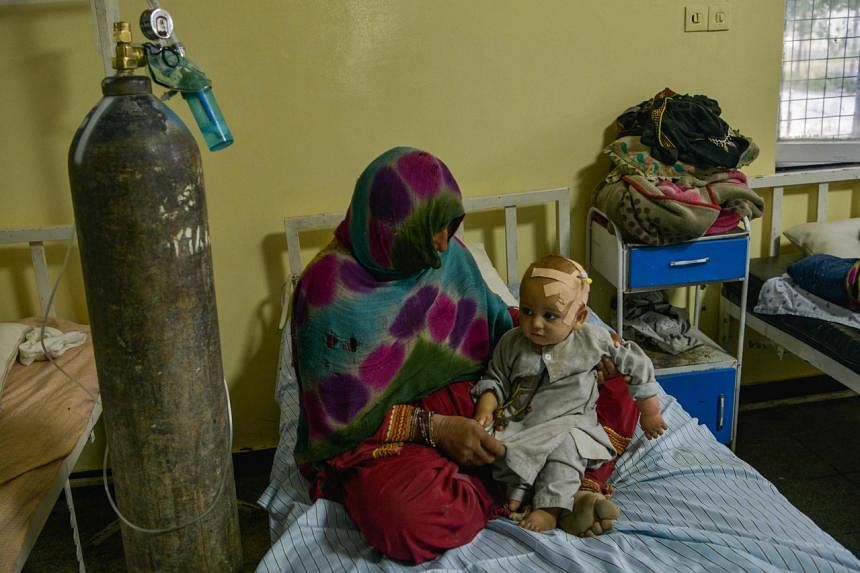House panel votes for $37B boost to proposed 2023 defense budget as senators look to spend even more
STARS AND STRIPES • June 22, 2022
.jpg)
WASHINGTON — The House Armed Services Committee agreed Wednesday to exceed the Biden administration’s fiscal 2023 defense spending plan by $37 billion, setting up a potential clash with senators who want to increase the budget even more.
Committee members, led by a months long push by Republicans, voted 42-17 in support of the overall increase, citing record inflation, the immediate threat of Russian aggression and China’s rising military power. The increase is $8 billion less than the $847 billion bill approved last week by the Senate Armed Services Committee.
“In our current threat environment … it’s time to grow out military, not shrink our military,” said Rep. Elaine Luria, D-Va.
She said she hoped the ultimate agreement for the 2023 National Defense Authorization Act, which sets policy and funding levels for the military, will be “somewhat north” of the $37 billion boost.
The White House requested $813 billion for national defense next fiscal year, including $773 billion for the Pentagon. The House panel’s adopted amendment authorizes extra money for military construction, fuel, bonuses and other support to offset inflation as well as additional ships and aircraft and more aid for Ukraine.
Rep. Adam Smith, D-Wash., the committee’s chairman, argued against bumping up the budget he had proposed — $802.4 billion — and said lawmakers need to focus on quality rather than quantity.
“I care as much about how the money is spent as I do about how much is spent,” he said. “I think making sure the Pentagon has some fiscal discipline and is forced to make tough decisions and not just always rely on another pot of money coming along is crucial for modernization.”
Rep. Jackie Speier, D-Calif., took issue with the amendment’s plan to save five Freedom-class littoral combat ships that the Navy wanted to retire. She described the ships as “lemons” that are plagued with functionality problems and cost $59 million a year each to maintain.
“This is ridiculous and it’s shameful that we are restoring five of these decommissioned ships into service when all we’re going to do is spend money towing them back to port,” Speier said before voting against the overall budget increase.
The amendment authorizes $318 million for the cost of restoring the ships. It also earmarks $660 million for eight additional F/A-18s jets, $1.3 billion for nine more Navy and U.S. Marine Corps aircraft than requested, $1.2 billion for additional air and missile defense systems as well as other weapons and systems procurements.
Provisions in the amendment specifically target the effect of inflation on service members and the Defense Department, authorizing $3.5 billion to keep pace with military construction costs, $2.5 billion to offset the rising cost of fuel and $1.4 billion for bonuses, commissary subsidies and other financial support for personnel. The amendment also authorizes $1 billion for the Ukraine Security Assistance Initiative and supports costs for planning troop presence in Europe on NATO’s eastern flank.
House lawmakers also voted Wednesday to add another amendment requiring TRICARE, the military’s health insurance, to provide free contraceptives to service members, their spouses and dependents. The Affordable Care Act eliminated copays and deductibles for contraception under most commercial health plans for civilians in 2012.
“Why are we burdening our service members with this additional cost, which can be significant, when we pay them little as it is,” said amendment sponsor Speier. “This is about fundamental fairness.”
.jpg)
Another approved amendment called for the secretary of the Army to establish gender-neutral fitness standards that are higher for soldiers likely to see combat than those with less physical jobs. The Senate panel approved a similar proposal last week.
“It is obvious that a 100-pound artillery shell or a 150-pound rucksack or a 200-pound soldier that has to be moved to the top of a hill is different than using a keyboard,” said Rep. Mike Waltz, R-Fla., the amendment’s sponsor. “At the end of the day, this is about the standards that all Americans who want to serve this country need to meet to win wars. The jobs are different, and therefore they should have different standards.”
Other amendments adopted Wednesday pave the way for the creation of a Space National Guard and authorize $45 million to continue the development of a sea-launched cruise missile program that President Joe Biden’s administration had wanted to scrap.
As the House Armed Services Committee continued deliberations Wednesday, the House Appropriations Committee voted to approve $761 billion for defense spending that is in line with the White House’s budget request. Congress will spend the next few months reconciling the differences in priorities and funding before bringing a final bill to a floor vote.
SVETLANA SHKOLNIKOVA
covers Congress for Stars and Stripes. She previously worked with the House Foreign Affairs Committee as an American Political Science Association Congressional Fellow and spent four years as a general assignment reporter for The Record newspaper in New Jersey and the USA Today Network. A native of Belarus, she has also reported from Moscow, Russia.
.png)



:quality(70)/cloudfront-us-east-1.images.arcpublishing.com/bloomberglinea/Y7HQFNIHHJD75FWGJJYBA724ZE.jpg)



















